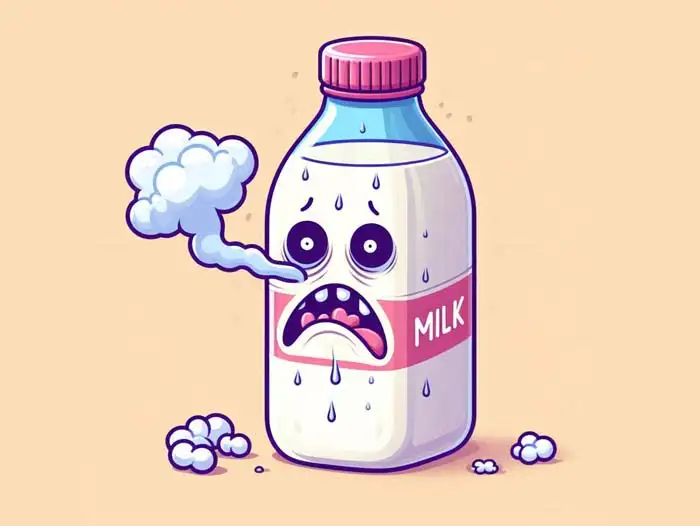IELTS Listening Practice Bad Breath IELTS Listening Practice Bad Breath About this activity This activity is labeled round table by Dr. Hariri, the creator and administrator of LELB Society. This activity is on the premise of Flipped Learning, according to which the students watch a video before the class, carry out research into the selected theme, and prepare themselves for an informed discussion in the class. This activity is on the basis of both synchronous and asynchronous computer-mediated communication (CMC), according to which the students are also encouraged to be active even before the class. In this flipped classroom activity, the students are encouraged to utilize the comment form at the bottom of the post to to exchange their questions, findings, and experiences with each ...
Home » Listening Practice in English » IELTS Listening Practice Bad Breath

IELTS Listening Practice Bad Breath
Updated: by Dr. Mohammad Hossein Hariri Asl
Time to Read: 5 minutes | 386 Views | 19 Comments on IELTS Listening Practice Bad Breath
Share This Post
About the Author
Dr. Mohammad Hossein Hariri Asl is an English and Persian instructor, educator, researcher, inventor, published author, blogger, SEO expert, website developer, entrepreneur, and the creator of LELB Society. He's got a PhD in TEFL (Teaching English as a Foreign Language).
Number of Posts: 4242



10. How much money Americans spend on breath products annually?
….do Americans….
Thank you for practicing self-evaluation.
I couldn’t find the exact figure for how much Americans spend annually on breath products specifically. However, the broader category of personal care products, which includes items like breath fresheners, is part of the substantial beauty and personal care market in the U.S. In 2023, this market was valued at nearly 98 billion U.S. dollars.
9. Where was halitosis a legal reason for getting a divorce?
Halitosis, or chronic bad breath, was historically considered a legal reason for divorce in some places, including ancient Rome. In those times, personal hygiene and social norms were strictly regulated, and severe cases of halitosis could be grounds for ending a marriage. However, modern legal systems no longer recognize halitosis as a valid reason for divorce, as personal health issues are typically addressed through other means and not as grounds for legal separation.
8. Why is the presence of bacteria in our body vital?
The presence of bacteria in our body is vital because they play crucial roles in maintaining our health and well-being. These microorganisms, particularly those in our gut, help in digesting food, producing essential vitamins (such as vitamin K and certain B vitamins), and supporting our immune system by preventing the growth of harmful pathogens.
7. Do you think that some people are more offended by bad breath than others?
Yes, some people are more offended by bad breath than others due to varying sensitivities, personal experiences, and cultural factors. Individuals with a heightened sense of smell may be more acutely aware of and disturbed by odors, including bad breath.
6. What is the best way to find out if you have bad breath?
The best way to find out if you have bad breath is to ask a trusted friend or family member for their honest feedback, as they can provide a more objective assessment. Alternatively, you can try the “sniff test” by licking the inside of your wrist, letting it dry for a few seconds, and then smelling it. Another effective method is to floss your teeth and smell the floss afterward. If it has a foul odor, it’s likely your breath does too.
5. What are the building blocks of proteins?
4. What do the bacteria in your mouth feed on?
3. What was the Greeks’ solution to the problem of halitosis?
2. How can we get rid of bad breath?
✅ Perfect! No error was found. Please keep doing that.
1. What causes bad breath?
Here are some common agents that can cause bad breath:
– Poor oral hygiene
– Certain foods (e.g., garlic, onions)
– Tobacco products
– Dry mouth
– Gum disease
– Sinus infections
– Gastrointestinal issues